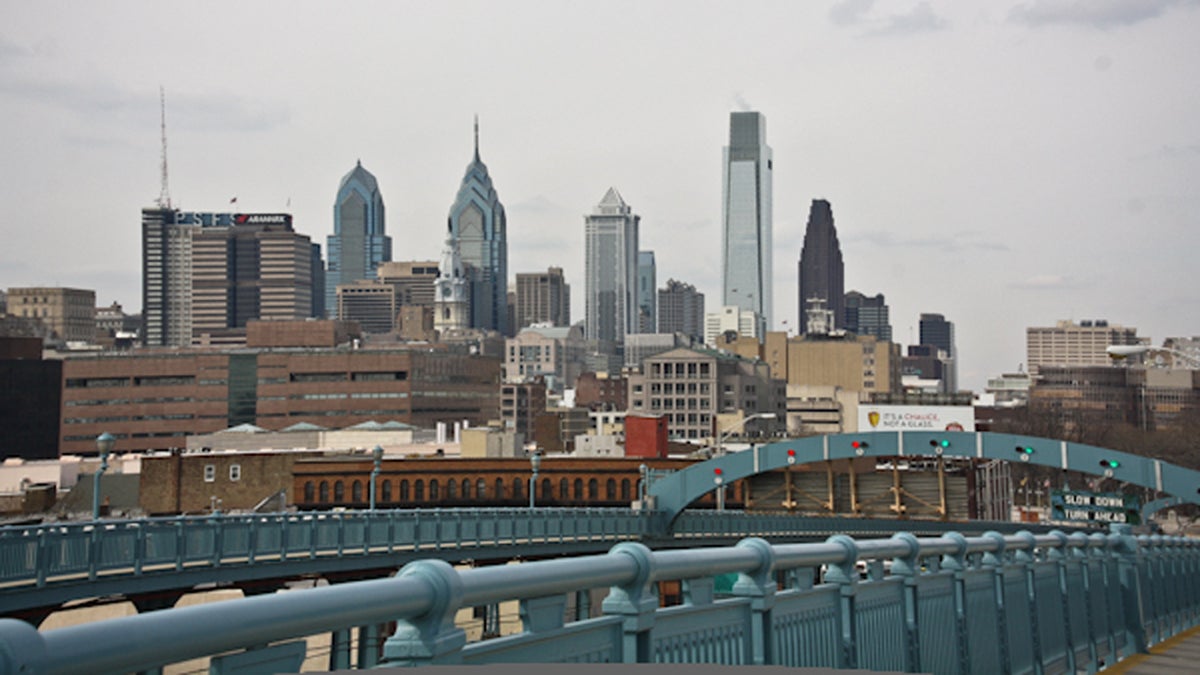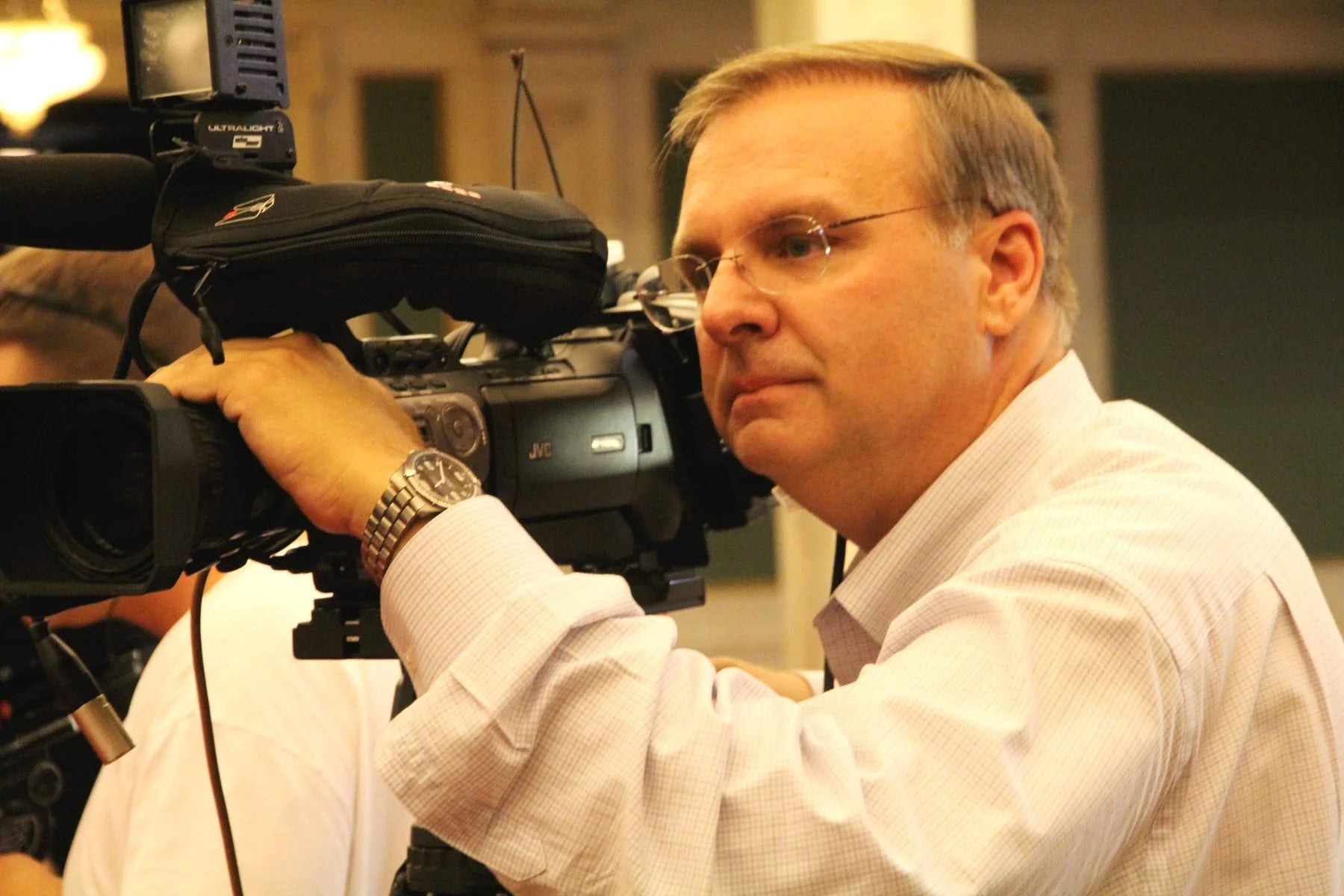Philly could lose big as surrounding areas want their resident’s wage tax
Listen
(NewsWorks file photo)
Philadelphia’s wage tax is under attack.
Pressure from Pennsylvania suburbs and the state of New Jersey are threatening to cause trouble for a tax the city has slowly been trying to reduce.
With New Jersey moving to end a long-time reciprocal tax agreement with Pennsylvania, Philadelphia residents who work in New Jersey may suddenly have a legal case against paying both New Jersey income taxes and the wage tax. And some Pennsylvania suburbs are pushing to claw back some of the wage tax money their residents pay to the city, by enacting their own one percent earned income tax.
Philadelphia Finance Director Rob Dubow says this could add up to big losses.
“The amount that we would lose if change was implement and every local municipality implemented a one percent tax in would be about $180 million, which would be devastating to our budget,” he said.
Dubow says that number is more than the city spends on arts and culture programs, commerce and economic stimulus activities, parks and rec facilities, libraries, museums and the convention center.
Councilman Bill Greenlee says $180 million is a number that would be difficult to make up with other taxes.
“Anytime you cut back funding and that kind of significant funding that would be a real concern,” he said.
Governor Christie can end the two-state tax agreement on his own. He put Pennsylvania on notice in September that he may end it come January. But he also said he was open to leaving it be if the Democrats who control the legislature plug a hole in the state budget another way. Christie contends ending the deal will net the Garden State $180 million.
The Pennsylvania suburbs looking to hold on to money from their commuters would need Harrisburg to change the Sterling Act. That’s a law that’s been on the books since the 1930s, which specifically allows Philadelphia to keep all wage tax proceeds, even from commuters who live in a place that has its own 1 percent earned income tax. If Sterling were repealed or changed, suburban commuters would still pay Philadelphia wage tax, but some of it would get returned to to where they live.
WHYY is your source for fact-based, in-depth journalism and information. As a nonprofit organization, we rely on financial support from readers like you. Please give today.





